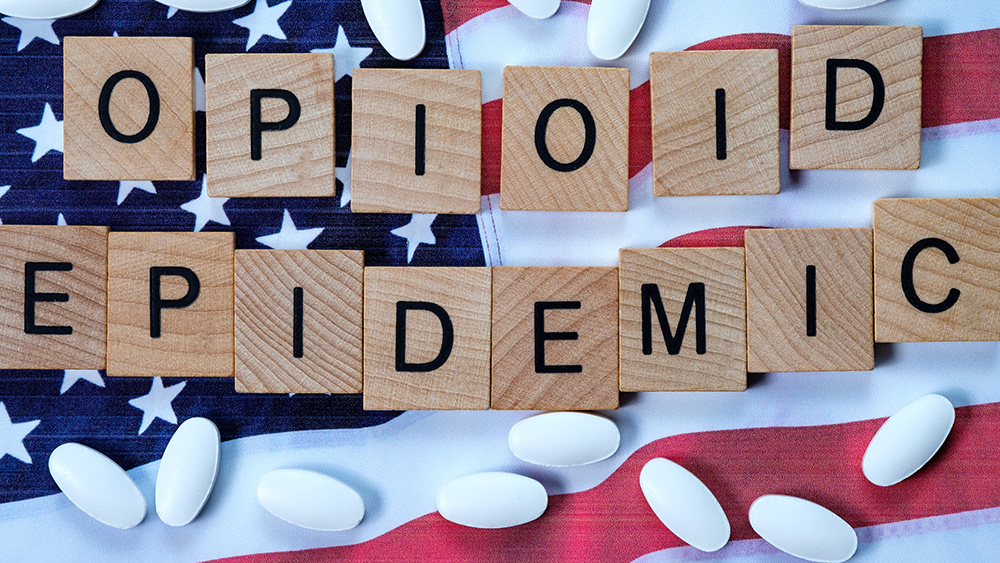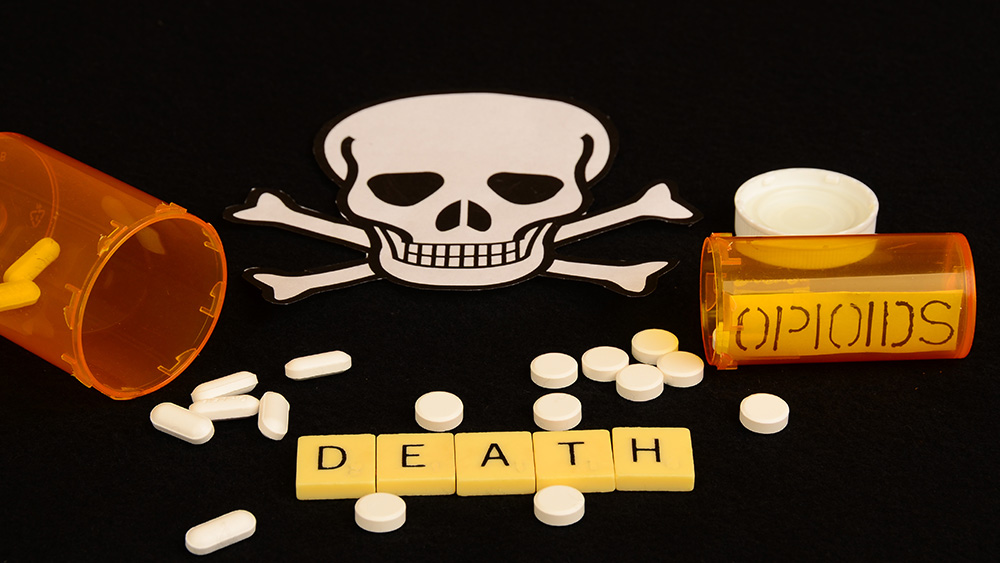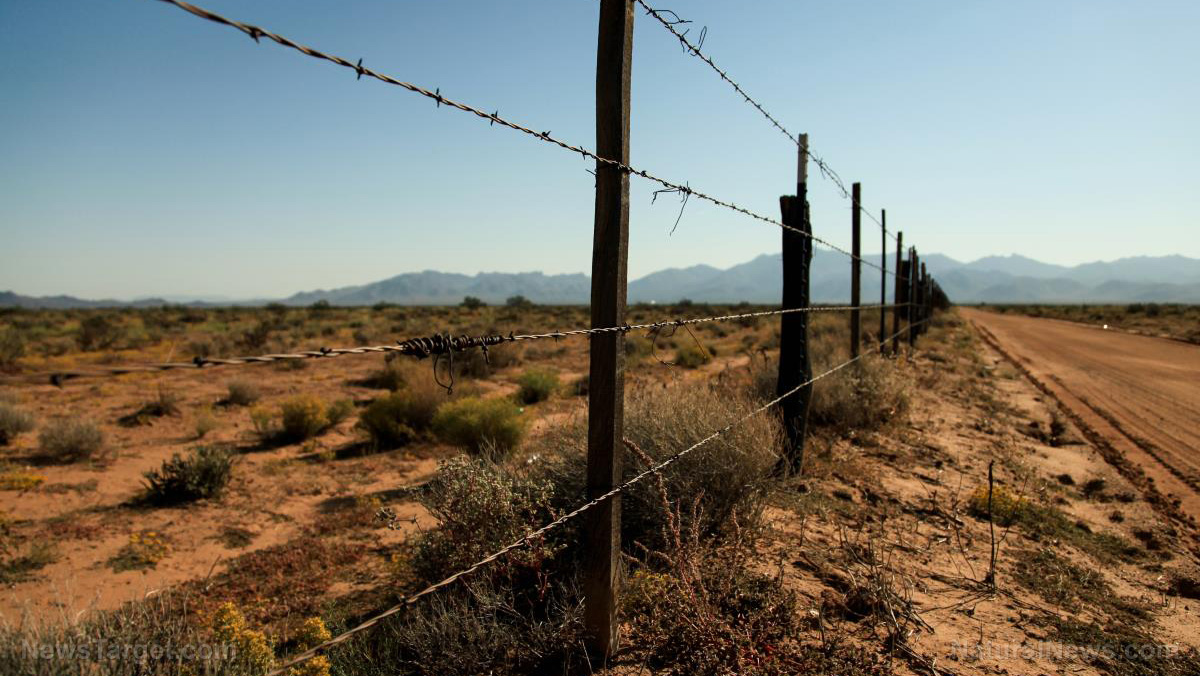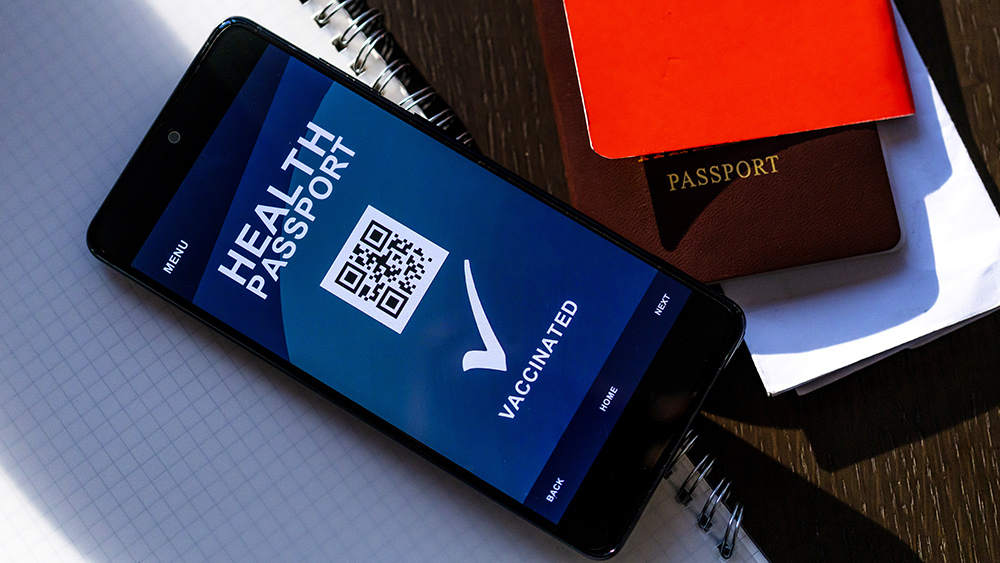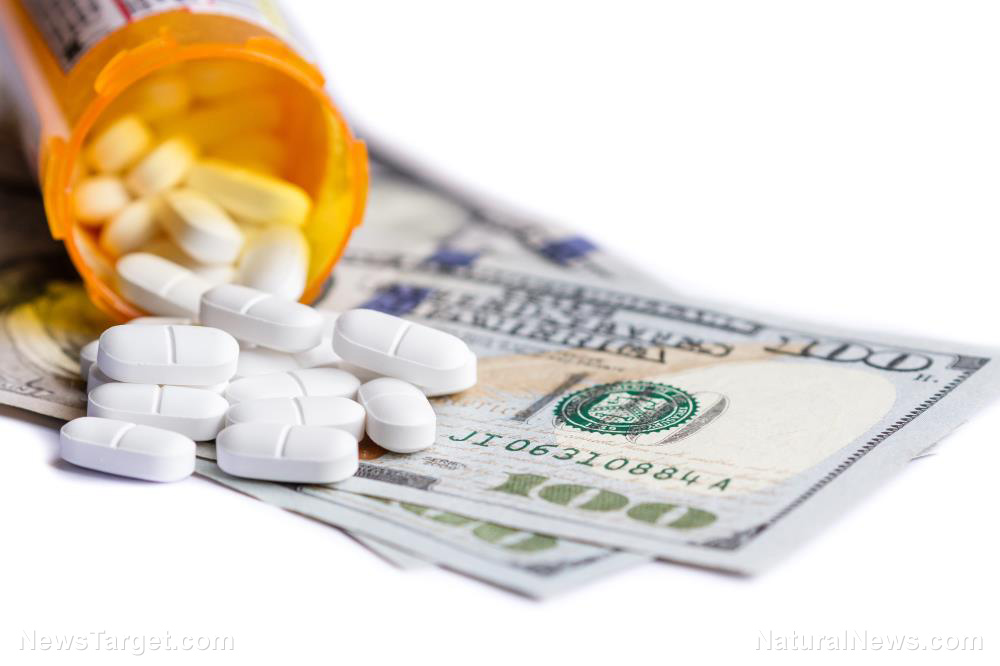San Francisco drug overdose epidemic killed nearly three times more people in 2020 than COVID
12/14/2021 / By Mary Villareal

The drug overdose epidemic in San Francisco, California has caused three times more deaths than the Wuhan coronavirus (COVID-19) pandemic in 2020. According to the city data, there were 713 overdose deaths in San Francisco in 2020 compared to 261 COVID-related deaths in the same year.
“Bad is an understatement. I would say it’s horrific, it is negligent, it is an epidemic in and of itself, and it was not always this way,” said Jenny Shao, a freelance video journalist and San Francisco native. She shared that drug overdoses have been an ongoing crisis in the city, but it has gotten much worse over the last five years.
“Before, you were able to walk through the streets … and you did not have to try and tiptoe over bodies not knowing whether they were dead or alive,” she said. “You did not have to hopscotch through anything like drug paraphernalia … and you were not literally walking through a scene, of say, ‘The Night of the Living Dead.'”
Other people described the city as a third-world country with human waste and needles on the streets. City officials are making effort to tackle the problem, but according to one report from the Department of Public Health, the city distributes 4.45 million needles every year to drug users.
In July, Mayor London Breed announced that the city will invest $13.2 million to prevent drug overdoses, and this will include opening centers to provide beds and treatment for the intoxicated, and expanding access to the use of buprenorphine, an opioid used to treat the opioid-use disorder. (Related: The opioid epidemic in context: Expert reviews the history, facts.)
City officials are also pushing to put up safe injection sites as part of their overdose prevention program. However, Shao said that not a single center offered drug alternatives. She described the effort as putting a band-aid on the problem and “fast-tracking a way to self-destruction.”
“You do not want to be dependent on these drugs. And from what I understand of these harm-reduction sites—as the city likes to call them—is that you are putting yourself at less risk, of say, overdose or harm,” she said. “But, nevertheless, you are still locked in that state of constantly abusing yourself. And, so to speak, teetering on the border of death,” Shao said.
She said the city needs to invest more in mental health programs to address an underlying issue.
US sets record for drug overdose deaths
The Centers for Disease Control and Prevention (CDC) noted that around 100,306 people are believed to have died of a drug overdose during the 12-month period ending in April 2021 – an increase of 28.5 percent from the 78,056 deaths during the same period the year before.
Estimated overdose deaths from opioids increased to 75,673 in the 12-month period ending in April 2021, up from 56,064 the year before.
Vermont led the way in the spike with a rise of nearly 70 percent compared to the year prior. West Virginia and Kentucky followed with 62 percent and 55 percent rise in drug-related deaths, respectively.
Among opioid deaths, many are due to the use of extremely potent, lab-made opioid fentanyl, which accounted for 64,178 recorded deaths over 12 months in the United States. This number has more than doubled from 2014. Before 2014, fewer than 3,000 people died in the U.S. due to fentanyl overdoses per year.
Studies have shown a troubling rise in drug use and overdoses throughout the pandemic, with health experts citing increased stress and grief as major contributing factors leading to such abuse. Drug use has soared and is hitting some regions harder than others, with only four states seeing a decline in deaths so far.
Read more news related to drug overdose at DangerousMedicine.com.
Sources include:
Tagged Under: addiction, Big Pharma, Collapse, covid-19, drug addicition, drug cartels, Fentanyl, Opioids, overdose, overdose deaths, Prescription drugs, San Francisco
RECENT NEWS & ARTICLES
COPYRIGHT © 2017 OVERDOSE.NEWS


